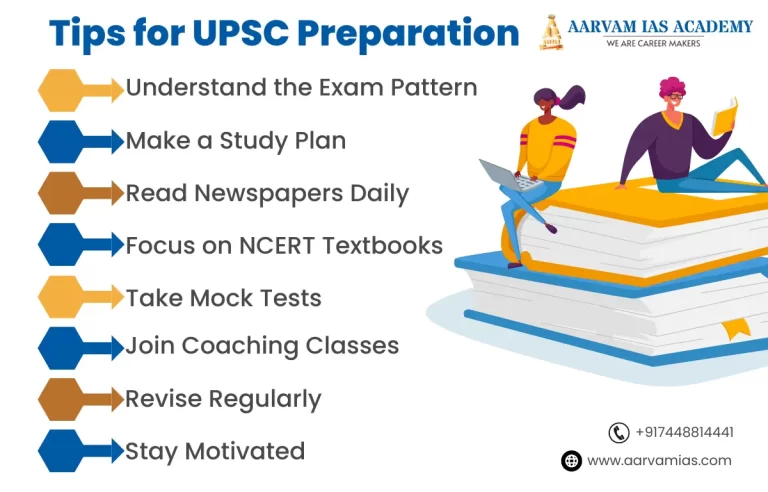The Tamil optional subject in the UPSC (Union Public Service Commission) examination holds great significance and serves as a crucial avenue for candidates to showcase their proficiency and understanding of the Tamil language and literature. The inclusion of Tamil as an optional subject underscores the UPSC’s commitment to recognizing the linguistic diversity and cultural richness of India.
By opting for Tamil as their optional subject, candidates from the best UPSC coaching center in Chennai have the opportunity to delve deep into the vast realm of Tamil literature, history, poetry, and linguistic aspects, thereby fostering a comprehensive understanding of the language and its significance in the Indian context.
Major Indian Language Families—The place of Tamil among Dravidian in particular and Indian Languages in general—Distribution and Enumeration of Dravidian languages.
The language of medieval Tamil: Pallava Period only—The language of Sangam Literature—Historical study of Nouns, Adjectives, Verbs, Adverbs—Case markers and tense markers in Tamil.
Borrowing words from other languages into Tamil—Regional or social dialects—difference between literary & spoken Tamil.
Tolkappiyam-Sangam Literature—The division of Puram and Akam—The secular characteristics of Sangam Literature—The development of Ethical literature—Manimekalai and Silappadikaram.
Minor literary forms (Tutu, Ula, Parani, Kuravanji) — The bridal mysticism in Alwar hymns.
Social factors relating to the development of Modern Tamil Literature; Short Story, New Poetry and Novel—The impact of several political ideologies on modern writings.
Approaches to criticism: Social, historical, psychological, and moralistic—the use of criticism—the various techniques in literature; Iraicchi, Ullurai, Otturuvagam (allegory), Thonmam (Myth), Angadam (Satire), Padimam (image), Meyappadu, Irunmai (Ambiguity), Kuriyeedu (Symbol), —The principle of comparative literature—The concept of comparative literature.
Songs, Ballads, riddles and proverbs—Sociological study of Tamil folklore. Uses of translation – Development of journalism in Tamil —Translation of Tamil works into other languages.
Concept of Aram- ethical codes adopted – ancient Tamils in their warfare-customs beliefs, worship modes, rituals in the five Thinais —Concept of Love and War
The cultural fusion in the medieval period (Buddhism and Jainism) – Cultural changes as revealed in post sangam literature. The development of arts and architecture through the ages (Pallavas, Nayaks and later Cholas). The impact of various political, religious, social, and cultural movements on Tamil Society. The influence of mass media on the cultural transformation of present-day Tamil society.
The examination paper will necessitate direct reading of the recommended text and will be formulated to assess the candidate’s critical aptitude.

The Indian Administrative Service is the most prestigious post created by the Government of India. When it comes to hierarchy, IAS is the top post when it comes to the other 24 posts like IPS, IFS, etc. IAS is the highest cadre in the Indian administrative service and is also a part of the executive branch. It is one of the high posts among 3 high cadre posts, which got employment through Union Government, State Government, and public sector undertaking.
New to Aarvam ?Try our Demo Classes Free! Or Would Like to Know More About Exams?
